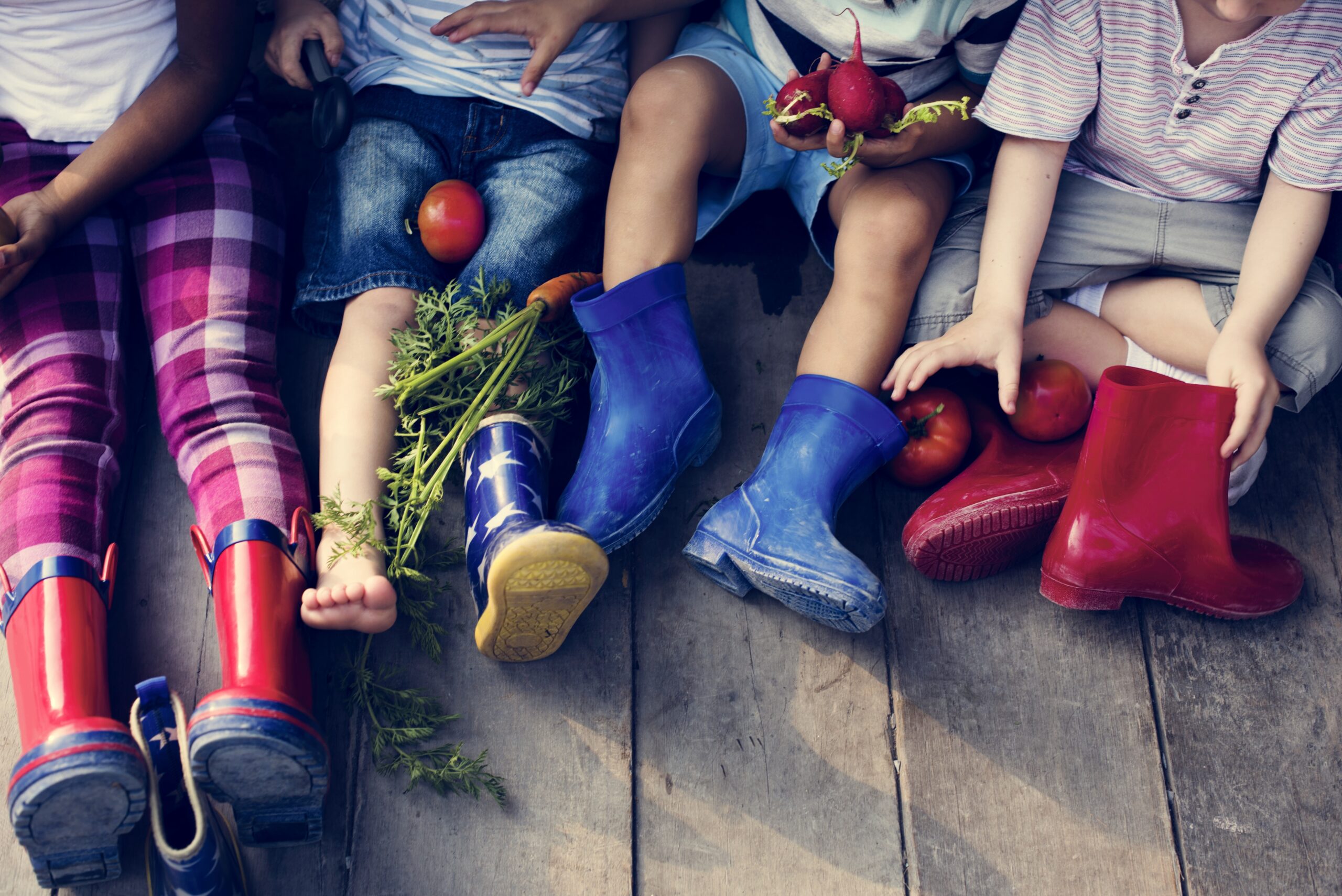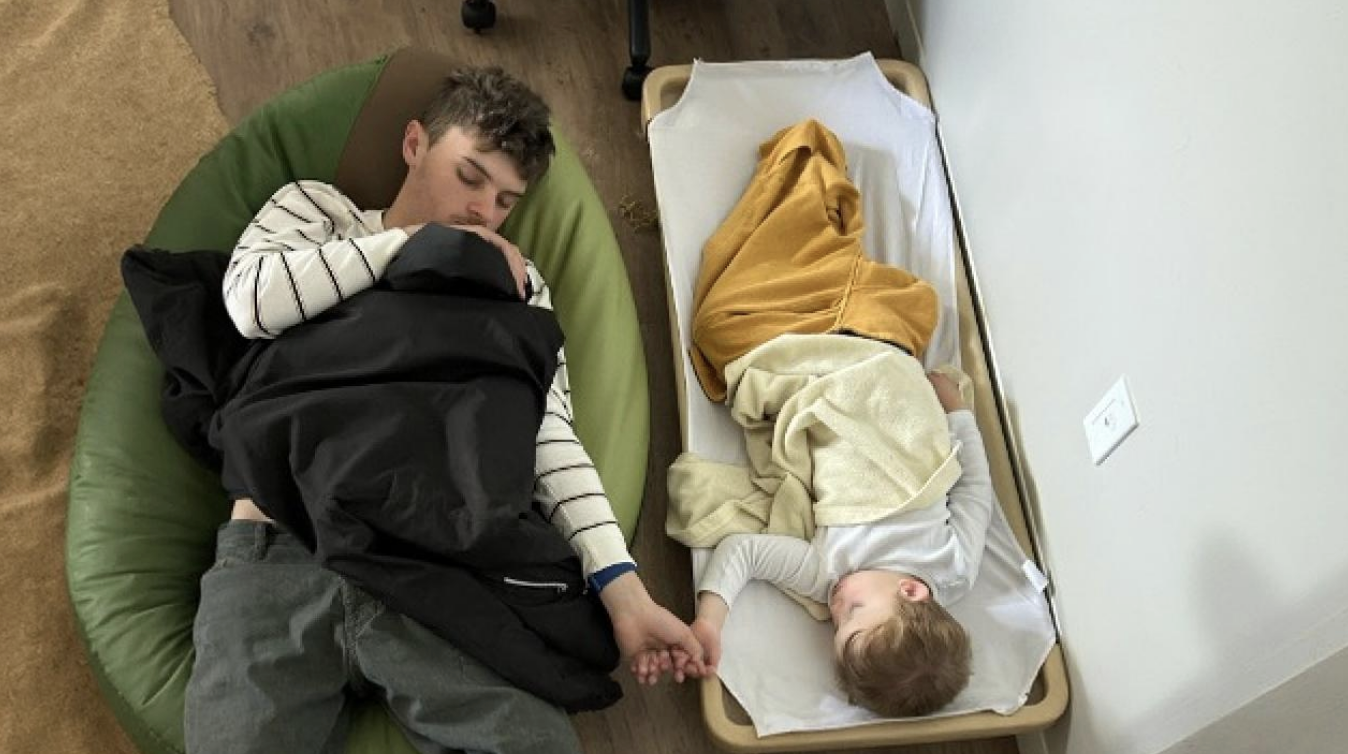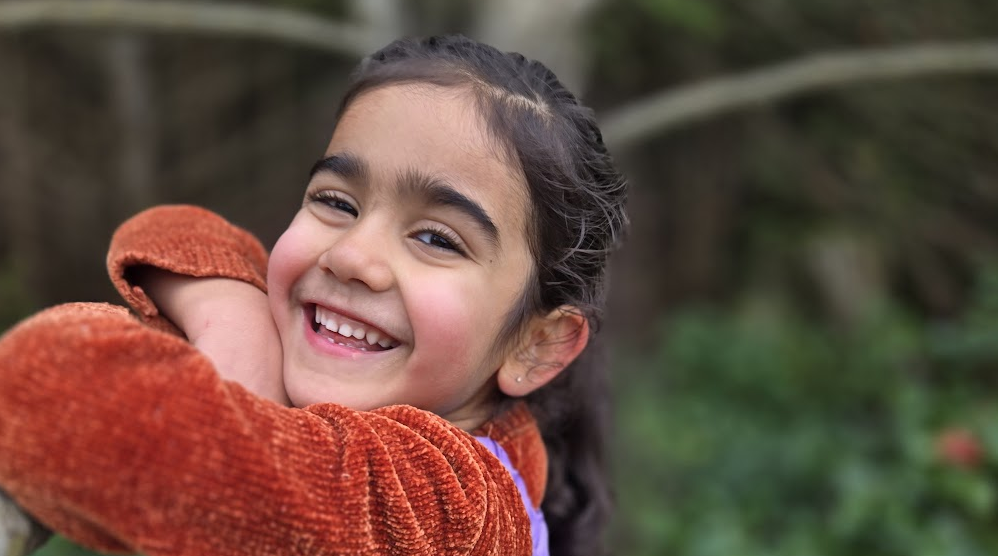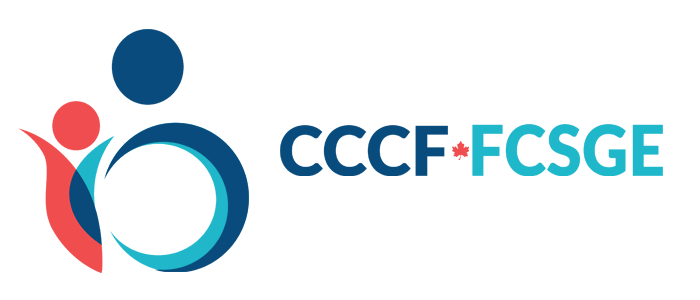Maria and Jason are the proud parents of 3-year-old Matthew. Before Matthew was born, his parents discussed how they would raise him – they both agreed that they wanted to bring up a respectful, wellmannered child. Lately they find that it’s becoming harder and harder to deal with Matthew’s behaviour. He is curious and is exploring his boundaries, but they feel that sometimes he goes too far – just last week he ran onto a busy road, he bit his baby sister’s hand and he smashed a family keepsake vase.
His parents are at a loss. They both were spanked occasionally as children and they feel they “turned out fine.” On a few occasions, they have slapped Matthew’s hands or swatted his bottom out of anger. Each time they felt guilty but they don’t know what else to do. Worse, they feel like they’re resorting to this more and more and that the punishments are getting more severe.
The scenario above is a typical one reflected in many studies on physical punishment and parents’attitudes. The misgivings many parents feel around administering physical punishment are well founded. Research shows that not only does physical punishment not work, it can have detrimental effects on a child’s healthy development.
” Research shows that not only does physical punishment not work, it can have detrimental effects on a child’s healthy development.”
What is physical punishment?
Physical punishment is an action intended to cause physical discomfort or pain to correct a child’s behaviour (e.g., spanking, slapping, washing a child’s mouth out with soap, denying access to needed water, food or sleep, denying a child’s use of the toilet).
What are the benefits and risk factors for children’s developmental health?
Three out of five studies have found that physical punishment may result in short-term compliance, however all studies agree that it is not associated with long-term compliance.
On the other hand, the risks are significant.Achild’s development may be affected by physical punishment in many ways. The child might
- be injured (over two-thirds of all substantiated child abuse cases took place within the context of punishment)
- experience fear, anxiety, insecurity and anger
- lose trust in the parent, impairing the parent-child bond
- experience depression, unhappiness and feelings of hopelessness
- be more concerned about being punished than how his behaviour affects others
- learn to use aggression to solve problems
Because physical punishment doesn’t work and is potentially physically and emotionally harmful, parents are strongly encouraged to develop alternative, positive approaches to discipline.
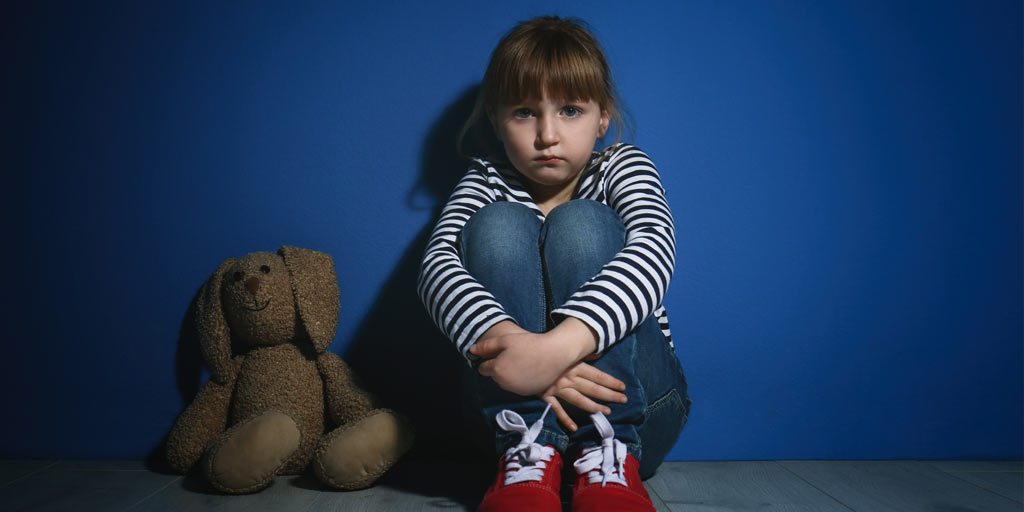
What can parents do instead?
- Create environments where children can explore safely.
- Model the behaviour you want to see in your children.
- Supervise young children closely.
- Distract young children from unsafe or unwanted behaviours.
- Use words to explain and teach.
- Reward children’s acceptable behaviour.
- Give children time to prepare for change.
- Plan ahead for situations that will be difficult.
- Let children know ahead of time what you expect from them.
- Respect children’s need for independence.
- Listen to children’s points of view and help them find ways to express themselves.
- Teach children fairness and justice.
Questions for parents to consider
- Can I improve my problem-solving skills?
- Do I try to look at things from the child’s point of view?
- Should I learn more about child development?
- Are there more effective ways for me to talk and listen to my children?
- Do I behave in the way I expect my child to behave?
- Do I praise my child for good behaviour?
- How do I manage my anger? Do I understand what triggers it and how to cool off?
- Are there things my family can do to reduce stress?
Resources
CCCF Resource Sheets: Catch a kid doing good!, Creative discipline in a chaotic world, 98 ways to say “very good,” Tips for parenting children with challenging behaviour, Resolving conflicts – promoting peace. Meeting the Challenge: Effective Strategies for Challenging Behaviours in Early Childhood Environments, CCCS 1999



